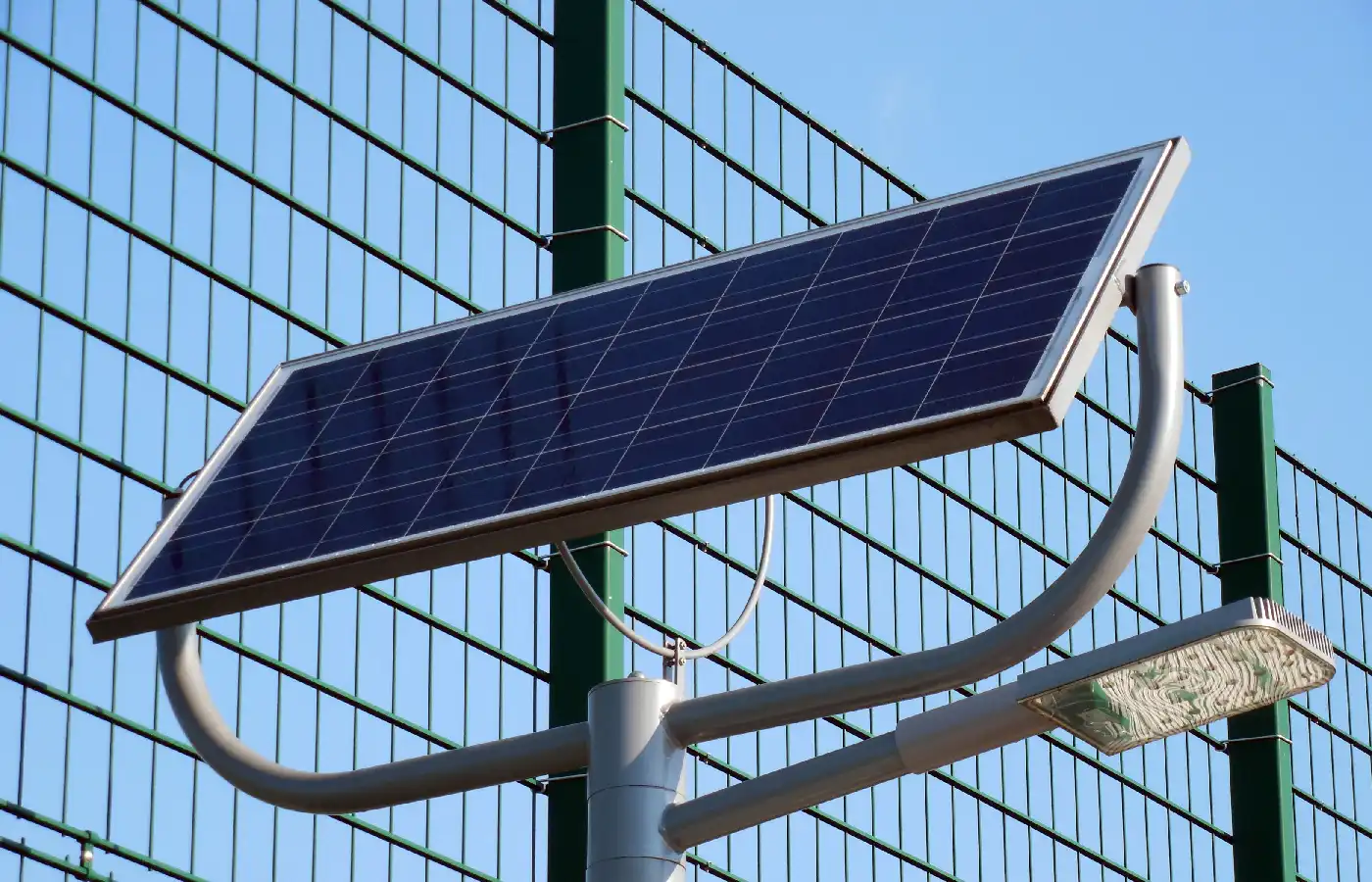Exploring off-grid solar solutions for remote areas is essential for providing access to electricity in regions where traditional grid infrastructure is unavailable or unreliable. Off-grid solar systems consist of solar panels, batteries for energy storage, and inverters to convert solar energy into usable electricity. These systems can be customized to meet the specific energy needs of remote communities, powering essential appliances such as lights, refrigerators, and communication devices.
One of the key advantages of off-grid solar solutions is their ability to operate independently of the main power grid, providing reliable electricity even in remote locations with limited access to traditional energy sources. This makes off-grid solar systems particularly well-suited for remote areas, islands, and developing regions where extending grid infrastructure may be impractical or prohibitively expensive.
Off-grid solar solutions offer environmental benefits as well, reducing reliance on fossil fuels and minimizing greenhouse gas emissions associated with traditional energy generation. By harnessing solar energy, off-grid communities can significantly reduce their carbon footprint and contribute to global efforts to combat climate change.
Moreover, off-grid solar solutions can enhance the quality of life and economic opportunities for residents of remote areas. Access to electricity enables communities to power essential services such as schools, healthcare facilities, and small businesses, improving education, healthcare, and economic development outcomes.
However, it’s essential to consider the unique challenges and considerations associated with off-grid solar installations, such as battery storage capacity, system reliability, and maintenance requirements. Additionally, community engagement and capacity-building efforts are critical to ensure the long-term sustainability and success of off-grid solar projects in remote areas.
Overall, exploring off-grid solar solutions for remote areas represents a promising opportunity to address energy poverty, promote sustainable development, and improve the livelihoods of communities worldwide. By leveraging the power of solar energy, we can create a brighter and more equitable future for all.


0 Kommentare